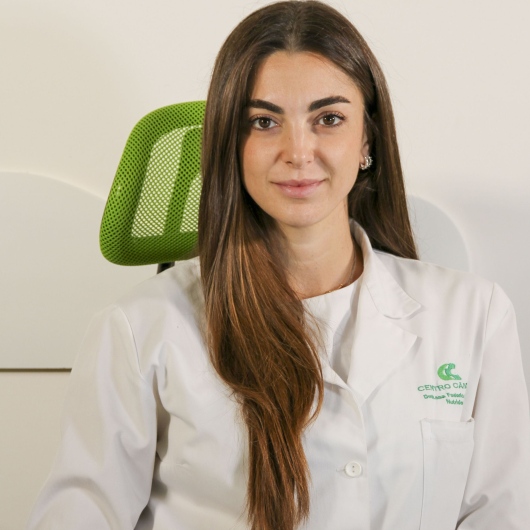Funded under the National Recovery and Resilience Plan (NRRP), Mission 4 Component 2 Investment 1.3, Theme 10.
Università degli studi di Napoli Federico II
Università degli studi di Napoli Federico II
Highlights
The University of Napoli Federico II (UNINA), founded in 1224 by Frederick Hohenstaufen, King of Sicily and Emperor of the Holy Roman Empire, is the oldest public university in the world, with a prestigious track record of academic excellence.
The primary mission of UNINA is a balanced combination of research and teaching, which the University pursues by promoting the organisation, processing and transmission of knowledge, the cultural and professional training, and the growth of students’ civic awareness and critical thinking.
Leader of the spoke
Participant in the spoke
People involved
Adriana Greco
Alberto Ritieni
Annalisa Romano

Annamaria Colao
Full Professor of Endocrinology
Annamaria Staiano
Antonio Molinaro
Claudia Cristiano
Daniela Caso

Danilo Ercolini
Professor of Microbiology and Director of the Department of Agricultura Sciences

Federica Cantelli
Researcher at University of Naples Federico II
Federica Moraca
Gianluigi Mauriello
Giovanna Del Gaudio
Giovanna Muscogiuri
Giuliana Di Fiore
Giuseppe Blaiotta
Lucia Panzella
Luisa Cigliano
Lutgarda Bozzetto
Maria Pina Mollica
Martino Forino
Nicoletta Antonella Miele
Paola Vitaglione
Paolo Emidio Macchia
Pasquale Ferranti
Raffaele Capasso
Raffaele Palladino
Riccardo Vecchio
Roberto Berni Canani
Roberto Nigro
Valentina Discepolo



